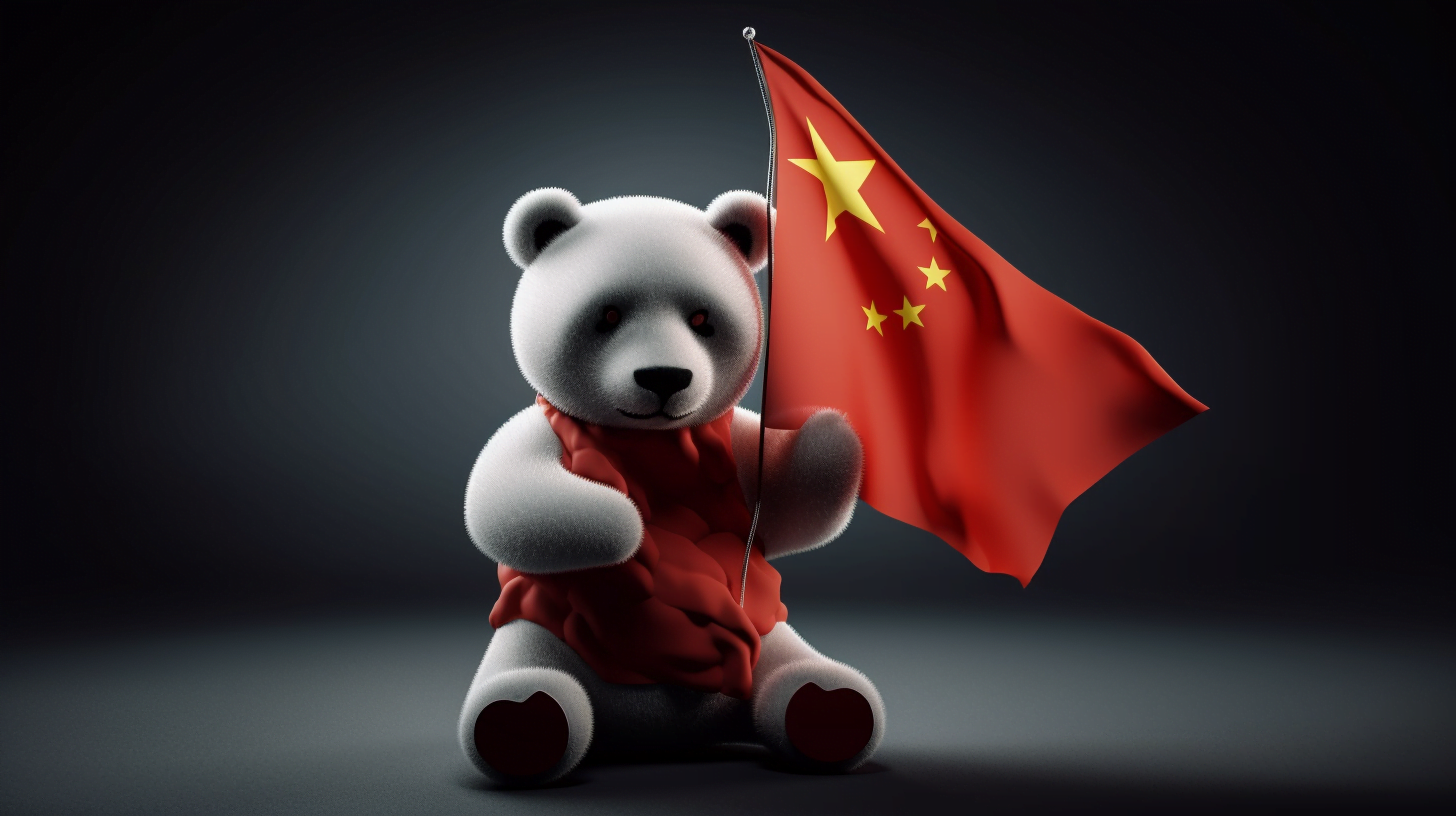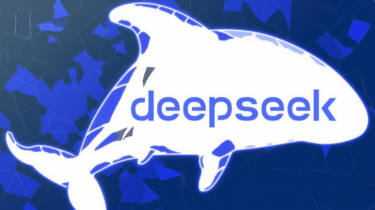Baidu's Ernie Bot was supposed to be a Chinese rival to ChatGPT. But a weak presentation has cost the Chinese tech giant three billion US dollars in market value. The story of Ernie Bot tells of the balancing act between free research and development and the Chinese state's claim to control.
Chinese search and AI giant Baidu has been researching neural networks, developing recommendation algorithms, and building large-scale language or image models since the beginning of the AI boom. Last week, the company unveiled the multimodal Ernie bot, which was seen as a competitor to ChatGPT.
During the presentation, Baidu showed short videos of the Ernie bot solving math problems, speaking in Chinese dialects, and generating a video and an image. Soon after, Ernie was available to a select group of testers.
Baidu decided against a live demonstration, instead showing recorded demos and severely restricting access, leading to disappointed voices and mocking memes on Chinese social media. Baidu Hong Kong shares fell as much as 10 percent during CEO Robin Li's speech.
In the end, the stock closed down 6.4 percent, wiping more than $3 billion off the company's market value.
Seen on Chinese Internet rn
Characters = Baidu Ernie's Chinese name
??? pic.twitter.com/MIiha0s7Uj
- Kevin Xu (interconnect.substack) (@kevinsxu) March 16, 2023
Ernie Bot is not a tool for geopolitics - or is it?
Li stressed during the presentation that Ernie is not yet perfect. "So why are we unveiling it today? Because the market demands it," he said.
Baidu's CEO also referenced OpenAI's multimodal GPT-4 model during the presentation but cautioned against viewing comparisons between AI models through a geopolitical lens. "Ernie Bot is not a tool of confrontation between China and the United States," Li said.
But the AI race that has been proclaimed for years between the two superpowers is at least in some ways directly related to Ernie: After the presentation, Li hinted that Baidu would use Nvidia's A800 GPUs for AI training. The A800 series is a variant of the H100 chip that Nvidia developed specifically for the Chinese market, which is affected by the US export ban on AI accelerators.
Beijing sees ChatGPT-like systems as a risk
But Baidu has another problem: As Nikkei Asia reported in February, regulators have ordered major Chinese tech companies not to offer ChatGPT services to the public.
According to the report, there is a growing concern in Beijing about uncensored responses from AI-powered chatbots. ChatGPT itself is not directly available in China, but some third-party applications use the service. According to Nikkei, Tencent, for example, has removed some of these offerings.
State media outlet China Daily wrote in a post on Weibo, China's heavily censored Twitter counterpart, that the chatbot "could provide a helping hand to the U.S. government in its spread of disinformation and its manipulation of global narratives for its own geopolitical interests."
An executive at another leading Chinese technology company said his company would not use ChatGPT, even without a direct warning.
"We have already been a target of the Chinese regulator, so even if there were no such ban, we would never take the initiative to add ChatGPT to our platforms because its responses are uncontrollable," the person said to Nikkei Asia. "There will inevitably be some users who ask the chatbot politically sensitive questions, but the platform would be held accountable for the results."
Ernie Bot avoids critical topics
Baidu's cautious release of Ernie shows that the company appears to have reached an agreement with regulators. As expected, tests by Reuters, for example, show that Ernie rejects questions about Chinese President Xi Jinping on the grounds that it has not yet learned how to answer them.
Ernie also wants to change the subject when asked about the Tiananmen Square massacre or the Uighur ethnic minority. "Let's change the subject and start again," was one request Reuters received more than a dozen times in response to sensitive questions.
Tight regulation and security controls will also affect Ernie's performance in other areas, because "no one really knows how to get a model trained on most of the internet to not learn basic facts," said Yonadav Shavit, an AI researcher at Harvard University, summarizing Baidu's problem.
So the Chinese company either uses a limited data set or a comprehensive filter, which in turn has to be so coarse that it might limit some of the chatbot's functions.
Controlling the uncontrollable
In short, Baidu is trying to balance its role as a leading Chinese AI company with government censorship of a technology known for its unpredictability.
Baidu's stock price has since recovered, in part because some Chinese journalists have gained access to Ernie and published friendly reviews.
"The market rationalized and realized: Even [though] Ernie didn’t wow us, it’s probably good enough for the Chinese market," said Jennifer Zhu Scott, a Hong Kong-based deep-tech venture capital investor and founder of IN. Capital.






